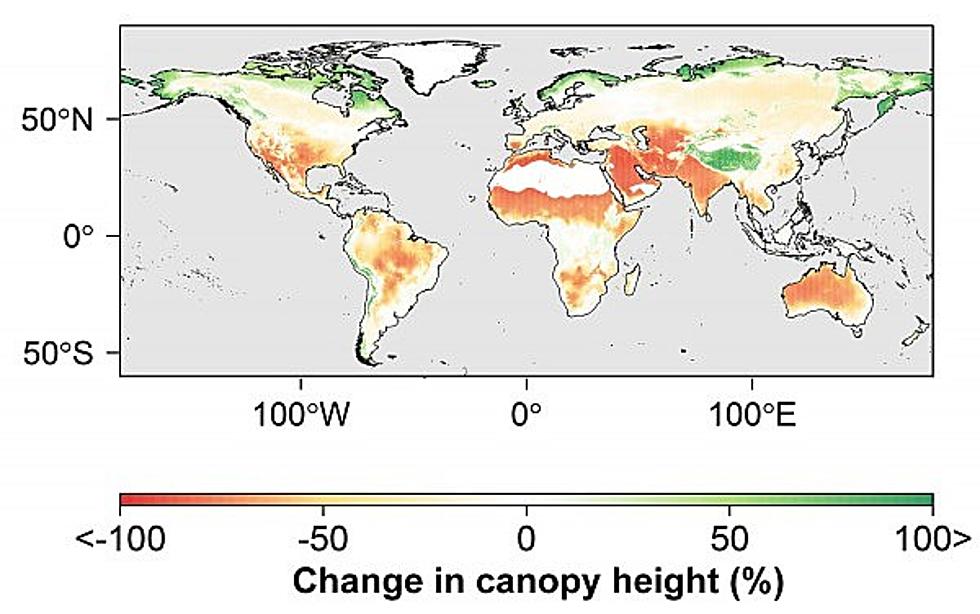
UM Research Examines Link Between Plant Traits, Ecosystem Productivity
MISSOULA – A team of scientists at the University of Montana has discovered that climate change will significantly impact plant traits and distributions in the coming decades, affecting global ecosystem productivity.
Nima Madani, who graduated from UM in December with a doctorate in systems ecology, led the study. Scientific Reports recently published the team’s results.
Species usually respond to climate change either through extinction or resilience, but sometimes also through altering their physical traits or relocating to regions with more suitable environmental conditions.
The research team analyzed global observations of plant community traits including tree height, canopy leaf area and seed mass, along with climate and satellite data records to predict changes in plant traits under current and projected future climate conditions. Results showed that plant traits are highly sensitive to climate variability such as temperature and precipitation, and that global warming is driving widespread changes in both plant traits and vegetation growth.
“Altered plant community distributions may result in changes in ecosystem productivity that significantly impact ecosystem goods and services to human populations and other species,” Madani said.
By the year 2070, the science shows tropical and arid ecosystems will become more suitable for plants with relatively lower canopy height, leaf area and seed mass, while far northern latitudes will favor woody and taller plants. Ecosystem productivity will decline in the tropics and enhance in the higher northern latitudes. Some recent examples of this include increases in shrub dominance in the tundra, declines in taller, larger diameter trees in California and increases in shorter trees in the tropics.
“Until now, the significant role of physical plant traits and their influence on ecosystem productivity has been neglected in many global earth system models,” said John Kimball, UM professor of systems ecology and a contributor to the research.









